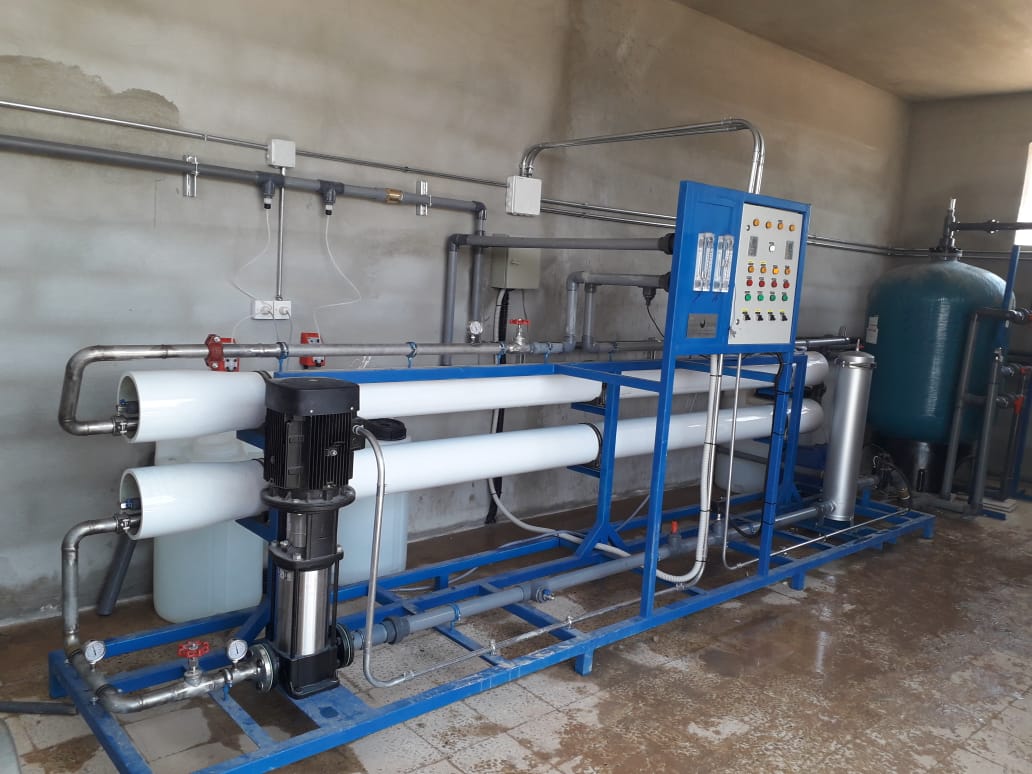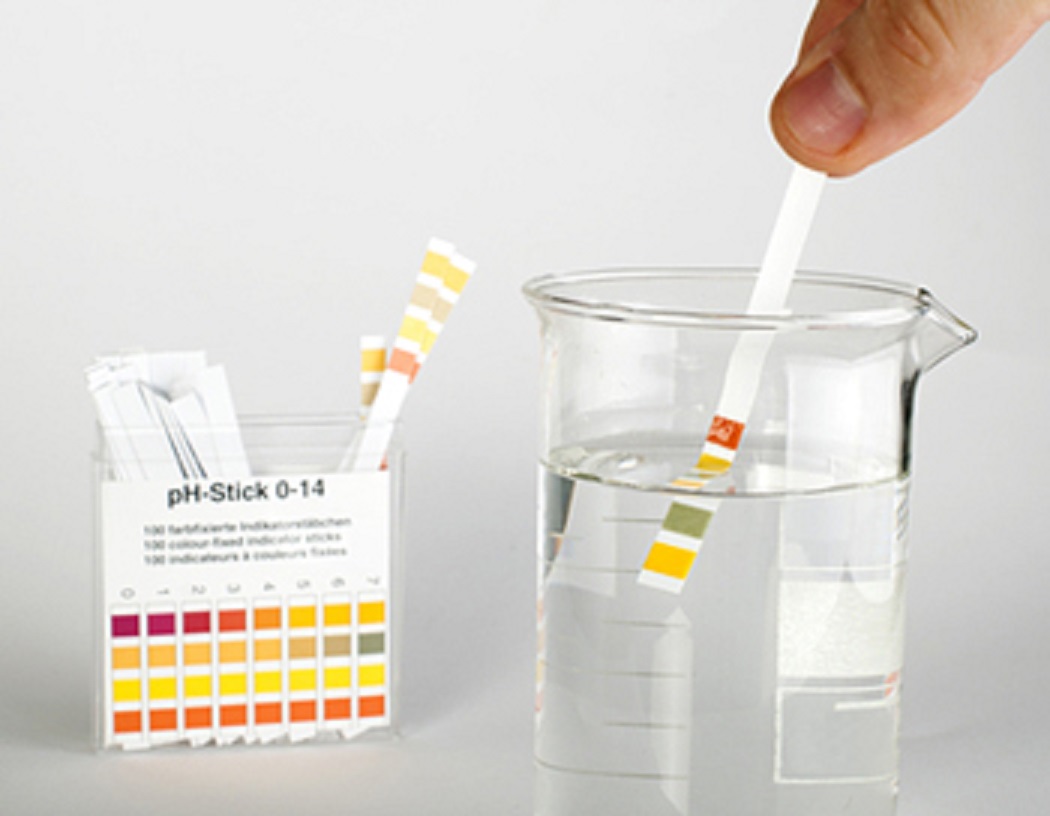
Ablution water treatment in all mosques
Treating ablution water in all mosques is a current necessity, as all efforts must be paid towards treating and reusing gray water. One of the types of this water is the water resulting from ablution, as it is easier to treat than many other types. This is because the water used for ablution is the least polluted and contains chemicals, fats, and grease.
Water uses resulting from ablution water treatment
- Irrigation of public parks.
- The general hygiene of bathrooms or flushing water in bathrooms.
Definition of gray water
Gray water derives this name from the fact that it is intermediate water between pure and clear water (which is termed white water) and polluted sewage water (which is also called idiomatically black water). Gray water is produced from laundry water, shower water, bathtub water, and water from washing clothes in automatic washing machines.
The ablution water remains the least polluted and the easiest to treat because it does not contain chemicals.
How is ablution water treated?
The treatment of ablution water goes through a number of stages, which we summarize as follows:
Firstly
The sewage system in the mosque must be designed so that the ablution water pipes are completely separated from the black water pipes. A drainage station is placed between the two systems to convert gray water into black water (and not vice versa, of course). In order to use it when the gray water exceeds the need or when the water circulation system is under maintenance.
Secondly
The ablution water is collected in a collection tank to separate impurities from the water if any. Then these impurities are disposed of by opening a stopcock at the bottom of the tank from time to time to be thrown into the black water system.
Third
The ablution water is pumped from the collection tank to the filters (filters). The water passes through two types of filters. The first contains fine sand to remove the remaining solid impurities, while the second contains active carbon to remove any organic materials if any. These filters are automatically re-cleaned to remove particulate matter (Backwash Process).
Fourthly
Some chemicals are also injected to treat gray water, such as hypochlorite, to sterilize the water and killing germs. Other materials neutralize the acidity of the water and remove any unwanted odor. The water is also passed through an ultraviolet ray device to kill any remnants of germs and bacteria. Then the water passes through the last micro-filter to ensure that there are no plankton or hair.
Fifth
After this stage, the ablution water becomes reusable. The water from the previous stage is collected in the production tank. Then pumped to the upper tank via a lifting pump. So that the water is used again by distributing it to all parcel boxes in the bathrooms. Or for use in garden irrigation, car washing, or floors.
Benefits of reusing ablution water
- Significantly rationalizing the consumption of pure potable water by reusing it. This is one of the greatest benefits, especially in our dear Kingdom, which is a desert country with scarce water.
- No need to build huge sewage facilities in cities and reduce the consumption of electric energy to operate these facilities.
- Reducing the use of environmentally polluting chemicals for the purpose of purifying wastewater in sewage treatment plants.
- Increasing the fertility of the land if gray water is used to irrigate gardens and crops.
- Increasing the green vegetation in cities thanks to the availability of gray water to irrigate large areas.
- Reducing the volume of liquid waste that reaches the sewage pipes and increasing the burden on the lifting and treatment stations.
- Supporting the country’s strategy in developing water resources through the search for non-traditional resources.
It must be noted that the installation of ablution water treatment units in mosques has great benefits, but it is also not without some challenges that must be well thought out. These devices need periodic maintenance and filter replacement from time to time. It also requires full knowledge of the method of operation, the type of chemicals, their quantities, and the method of controlling them.

























